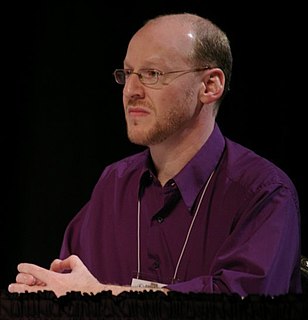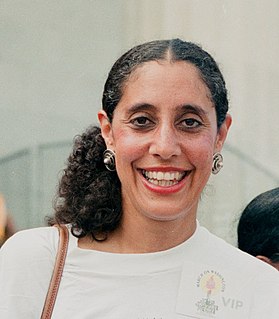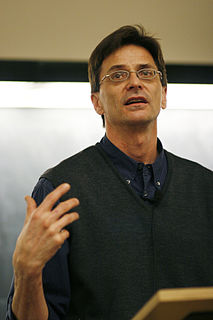A Quote by David Icke
These big questions: Who are we? Where are we? What are we doing here? They never ask that in the mainstream. They just leave that to religions to divert people off into rigid belief systems.
Related Quotes
Until part of your paycheck is regularly paid in Bitcoin, I'm not sure how it would really go mainstream. I can imagine places in the world where there are not functioning banking systems or payroll systems, where it could go mainstream first because you're not trying to replace the way people are already doing something.
This new large-scale spiritual awakening is occurring primarily not within the confines of the established religions, but outside of those structures. Some of it, however, is also happening within the existing churches and religious institutions wherever the members of those congregations do not identify with rigid and exclusive belief systems whose unconscious purpose is to foster a sense of separation on which the egoic mind structures depend for their survival.
When people ask me what philosophy is, I say philosophy is what you do when
you don't know what the right questions are yet. Once you get the questions
right, then you go answer them, and that's typically not philosophy, that's
one science or another. Anywhere in life where you find that people aren't
quite sure what the right questions to ask are, what they're doing, then,
is philosophy.
Mainstream politicians will continue to protect existing systems of power, corporate executives will continue to maximize profit without concern, and the majority of people will continue to avoid these questions. It’s the job of people with critical sensibilities—those who consistently speak out for justice and sustainability, even when it’s difficult—not to back away just because the world has grown more ominous.
I think that things like curses or whatever - those labels - come from belief systems, universal belief systems. So when you get a global consciousness of something, then that becomes a quote-unquote "truth" for everybody. You know, "This is what happens in the Kennedy family." "This is what happens with the Hemingways." And the more people believe in it, the more it kind of resuscitates the problem; it keeps bringing life to this idea that a curse exists that you can never get out from under.




































